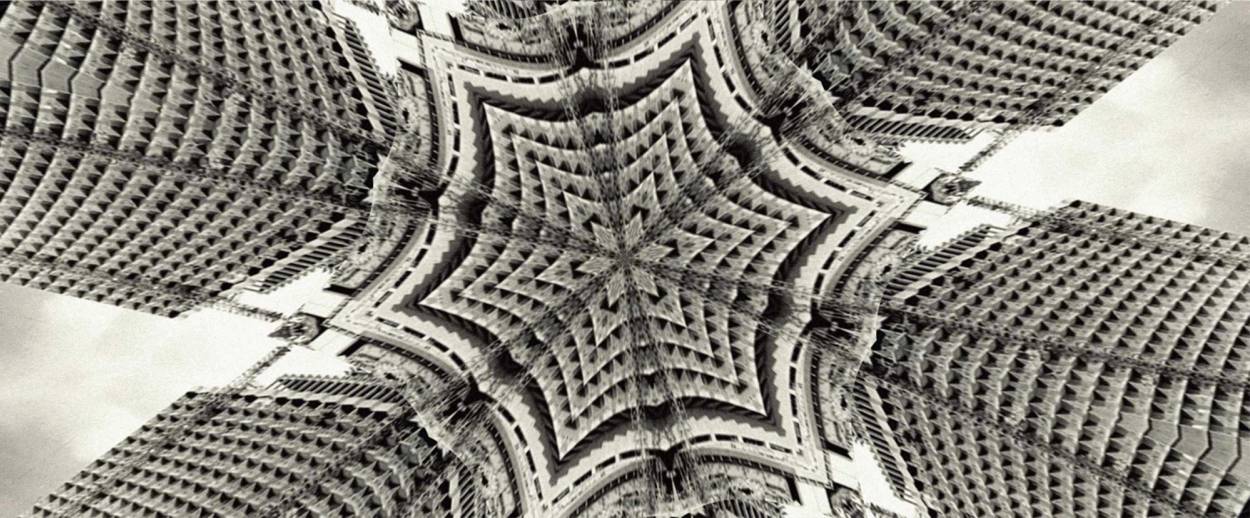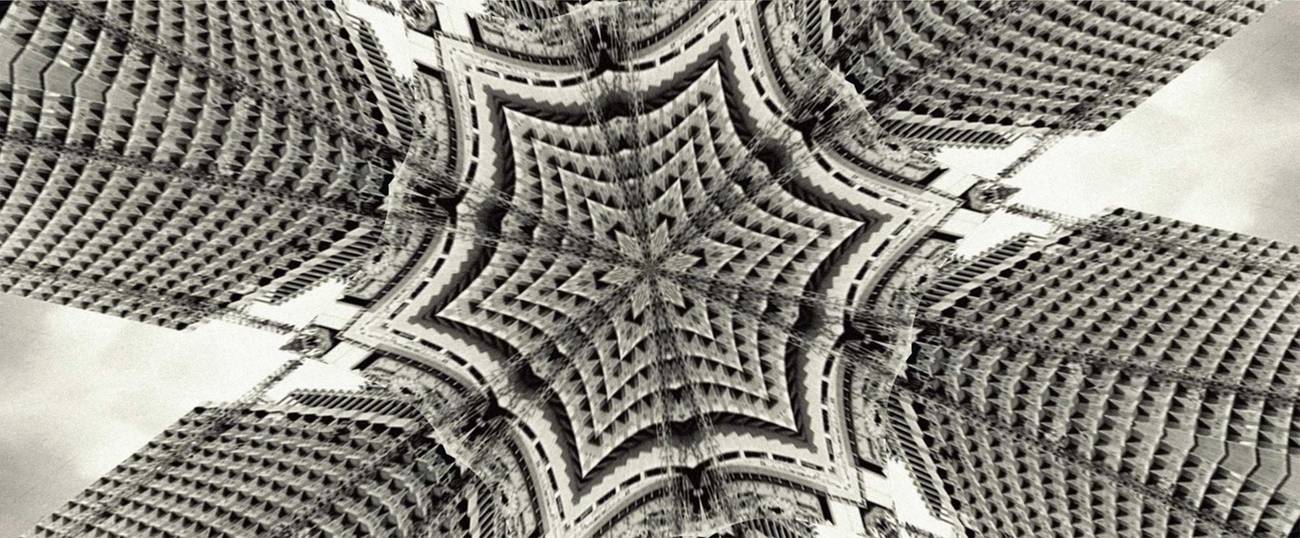Nicole Krauss’ Dark Forest, aka the Tel Aviv Hilton
Bookworm: Entering the multiverse of alternate selves, a dissociative nightmare, to find a way in the woods




Somewhere in this world there is a version of myself dreaming up the life I have here in New York. I am not really here, and maybe never was. This, at least, is the world according to Forest Dark, Nicole Krauss’ most recent novel. Our home is not the city where we were born or the place we were raised. Somewhere, for each of us, is a sort of cosmic home, a true home, a pinpoint on a map where the germ of who we are as human beings was first conceived. For Krauss, it’s the Tel Aviv Hilton.
Forest Dark opens with the disappearance of Jules Epstein, a wealthy New Yorker who, after a bout of hyper-aggressive philanthropy, moves to Tel Aviv and eventually leaves behind nothing of himself but a monogrammed suitcase. The novel switches between Epstein’s story and Nicole’s—a second protagonist whose life is similar to that of the novel’s author—who one day falls out of rhythm with her life and family in New York.
This whole novel is a dissociative nightmare. It has forever ruined for other writers the possibility of using midlife crisis as a potential topic for a novel by blowing it up entirely and showing just how reductive the whole trope really is. Here, life itself is the crisis. And so, if that is the case, what then could possibly be scarier, more alien, more disquieting than a moment of total clarity, a sudden realization that one is completely lost?
This is what happens when Nicole hears a late-night radio broadcast about the multiverse. She realizes that some other, truer Nicole exists in the Tel Aviv Hilton.
These parts about Nicole aren’t exactly memoir, nor are they necessarily fiction, even if there’s a chance that 95 percent of it was made up. It’s some other technique, some other kind of inquiry into how we have come to be the people we are, where each paragraph follows an atavistic impulse to ask why, as if it were all, in fact, a kind of prayer. Too much dialogue in this book would have been boring; it would have felt like an intrusion on the author’s thoughts.
Parts of Forest Dark could just as accurately have been called 3½. If they ever make a movie of it, they’ll have to exhume and reanimate Marcello Mastroianni to play Nicole because no one else would be more fitting to help show the world what it’s really like being an artist faced with the question: What next? Forest Dark is also the story of a novelist for whom the way forward is not so clear. I can feel a thread unraveling. And, as is sometimes the case, a near breakdown brings a measure of level-headedness, an ironic appreciation for this fundamentally absurd experience.
Life expressed as a unit of time in Forest Dark is a contrail blurred and frayed at the tips. And there have been moments in my own life when I have briefly felt the unraveling of my own thread or glimpsed a more macro version of the contrail. One feverish night during my freshman year of college, I woke up and went to the bathroom to splash water on my face, touched the skin of my cheek and, perhaps for the first time, studied my face. Is this what I really look like? Is this how the world sees me?
This book is the morning after a fever dream—a constant reminder that you once saw the world differently. And it’s hard to once again face the ordinary and the routine after this. Left behind is a hole more gaping than what was there in the first place, Krauss says; healthy tissue was excised with the surgical removal of an abnormal growth.
The multiverse theory of Forest Dark is less an extension of quantum mechanics as it is an interpretation of our human nature. Our own Tel Aviv Hiltons, without our even realizing it, offered the possibility of a different life. But this unchosen life is not extinguished or taking place in some neighboring galaxy for some bozo with our same name. Instead, it spins its own contrail within us, alongside this life we have. And lost in a moment somewhere between panic and serenity, looking into the mirror and seeing our true faces for the first time, we become someone else. We assume the other life. Our story changes. And so Forest Dark is also about grappling with this alternate self.
I don’t know where exactly that spot in the world is—where fast asleep another Alex is dreaming up a life in New York. I have my suspicions, however.
It’s strange to reread the opening pages of this book and remember that it began almost like a noir. It starts as a mystery about a void in the world left by a man’s peculiar disappearance but quickly descends into a mystery about a void that formed within him before he ever went missing in the first place. It begins to feel like he isn’t missing from the world, but that the world is missing from him. Which, admittedly, sounds a lot like the subject of a Hammett novel reimagined by Pirandello. It quibbles with the idea that when we go—wherever it is we go to—it is not just those who remain that are without us, but that we too are also without them.
In a final Author’s note, Krauss writes that the title of this book is taken from Dante: Midway upon the journey of our life I found myself within a forest dark. But the story of a man taking a wrong turn was just the setup. Nothing more. What happens in Forest Dark begins with Dante’s next verse: Oh how hard it is to speak of that dense and savage wilderness.
***
Read Alexander Aciman’s Bookworm column in Tablet magazine on Mondays.
Alexander Aciman is a writer living in New York. His work has appeared in, among other publications, The New York Times, Vox, The Wall Street Journal, and The New Republic.